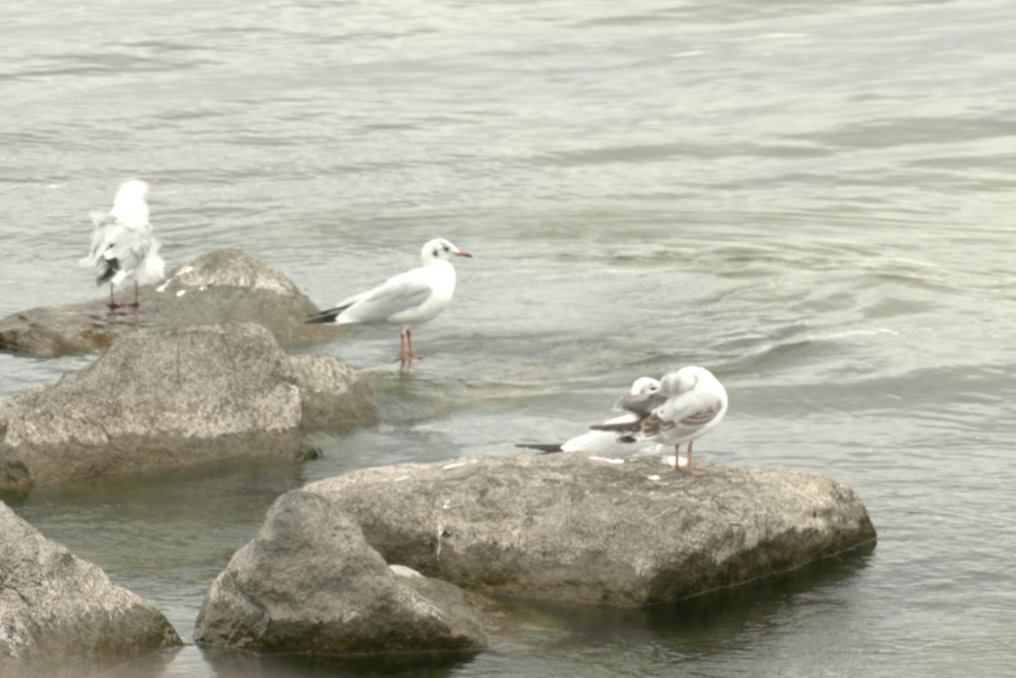
[ad_1]
The Baltic Sea has long been named by researchers and scientists as one of the five most polluted seas in the world. It is rich not only in garbage but also in a wide variety of chemicals. Recently, even more and more drug residues have been detected.
“In fact, each of us is a bit polluting, if we treat drugs irresponsibly, if we just throw them in the trash, or flush them down the toilet, sooner or later, through sewage treatment plants, we see that very low concentrations of these pharmaceutical compounds are found in the sea. ” , Says the researcher of the University of Klaipeda Sergei Suzdalev.
PHOTO GALLERY. The Baltic Sea is one of the most polluted: fish are already changing sex
Here, even Mindaugas, who fishes in the sea, does not have a definitive answer as to whether it is possible to eat fish from the Baltic.
“He reads that the Baltic Sea cod liver seems to be bad, but the Poles let it go and we all eat Polish Baltic cod liver and everyone is satisfied and everyone is still alive,” says fisherman Mindaugas Rimeikis.
Scientists also point out that marine pollution affects fish.
“In some places I even read that there is talk of gender change. When a fish is observed, it does not behave as it normally does, a certain species of fish, or perhaps strangely enough, could behave like a male fish”, says S. Suzdalev.
The eutrophication process in the sea is also worrisome, as chemicals entering the water promote the overgrowth of aquatic plants, reduce oxygen in the water and affect the entire ecosystem.
“97 percent of the Baltic Sea is affected by eutrophication. This leads to algal blooms and damage to biodiversity. Eutrophication remains the biggest problem in the Baltic Sea. The biodiversity situation in the Baltic Sea is not good either. ”Said Rudiger Strempel, representative of the Helsinki Commission.
“We are trying to manage ecosystem problems in parts, rather than trying to manage the whole system. We have focused on fisheries, biodiversity, oil spills and we are not combining all these points into one. If the ecosystem could scream, I think it would now, ”says Nils Hoglund, spokesman for a clean Baltic coalition.
To reduce pollution in the Baltic Sea, eight countries signed a joint declaration. It is committed to taking measures to reduce the discharge of pollutants into the sea.
“We have decided to focus on 3 main problems facing this sea: eutrophication, unsustainable fishing and garbage entering the sea. The Commission will monitor the actions of the member states and will certainly assess the progress made “, says European Commissioner Virginijus Sinkevičius.
Starting generally with regard to pollutants from both agriculture and wastewater, we are also talking about plastic pollution, where small-scale plastic measures and of course industrial fishing restrictions, various measures and examples how to increase biodiversity in the Baltic Sea ”. Minister Kęstutis Mažeika.
The Environment Minister says that a plan should be prepared in the next six months on the specific measures that Lithuania will take. Even farms far from the sea are expected to contribute to the preservation of the sea. They will be subject to various restrictions.
“More barrier technologies, less fence, fertilization plans, specific places where in case of heavy rains these fertilizers or nutrients end up in streams and rivers, is the creation of these maps so that there are no restrictions only on the entire territory of Lithuania” said K. Meikeika.
Russia, the only country with a Baltic coast, has not joined the joint statement. You are expected to help reduce pollution by participating in other programs. Although it is not yet specified how much this could cost Lithuania, the amounts are estimated to reach hundreds of millions of euros. It is true that most of it should be covered by the European Commission.
Chemical weapons sunk to the bottom of the Baltic Sea after World War II have also been a cause for concern for many years. It is estimated that there are still tens of thousands of tons in the Baltic soil, and the risk of more and more toxic substances escaping into seawater increases every year.
[ad_2]